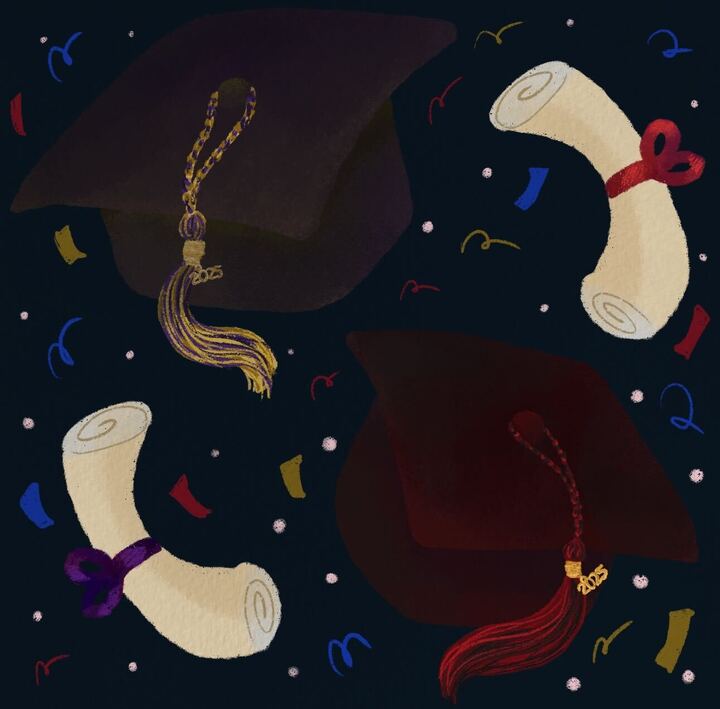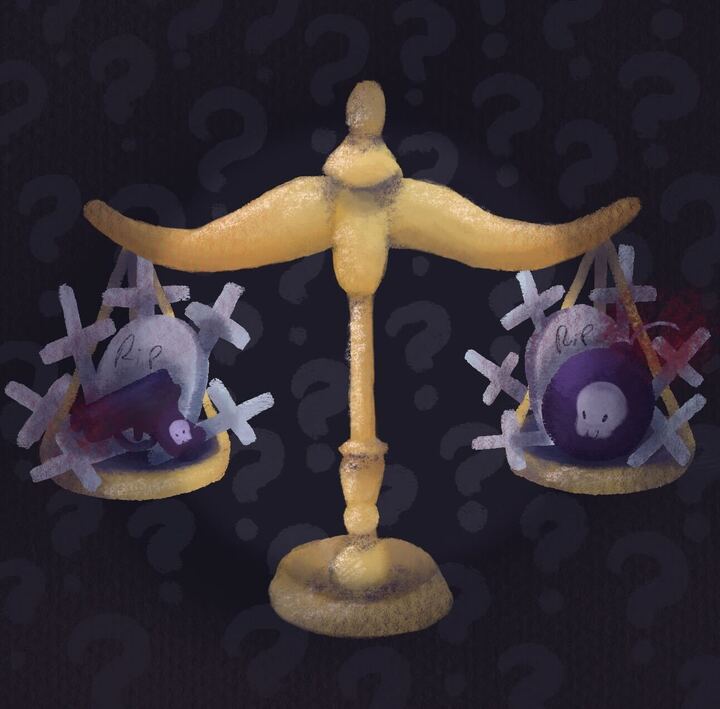CORRECTION
Regarding the article “Protect yourself from HPV” that ran Feb. 14, Dr. Yolanda Reid-Chassiakos, director of Klotz Student Health Center, said “The HPV vaccine Gardisil provides immunity to four different strains of HPV, strains that can cause warts and increase the risk of cervical cancer. To date, vaccine testing for FDA approval has only included those ages 9-26, but further testing may expand this age recommendation in the future. The good news is Gardisil is recommended for women and man who have had unprotected sex and even have had HPV. That’s because even if you’ve been infected with one or two strains of HPV, you can still be protected from the others.”
Your palms are sweaty, you’re rocking back and forth in the chair staring aimlessly at the floor and you can’t seem to make your left leg stop shaking. It’s been two weeks since your last visit to the doctor. You’re there because you got a call saying your results were in and they needed to talk to you.
It could have been your last relationship or maybe it was that drunken night over the summer when you didn’t use protection that has put you in this position. Maybe they had something they didn’t know about or maybe they just didn’t tell you.
That’s the case for millions of people in the United States when it comes to Human Papillomavirus, also known as HPV. According to the American Social Health Association, about 5.5 million new cases of sexually transmitted HPV infections are reported every year, but they estimate that roughly 6.2 million actually occur.
Even with such a prolific disease on our hands and one that can possibly lead to cervical cancer in women, we have not found a way to stem the tide.
The National Institutes of Health reports HPV is the most common STD today. There are about 100 different types and about 30 types put women at risk for cancer. Other types put both men and women at risk for genital warts.
According to the Center of Disease Control and Prevention, 50 percent of men and women will have genital HPV at some point in their lives. But even though 90 percent of strains will clear themselves over two years, there are basically no symptoms. A lot of sexually active Americans have it and don’t even know it.
So how do you find out and do you tell people once you know you have it?
In 2008, an Iowa court found Dr. Alan Evans guilty of negligent transmission of the sexually transmitted disease HPV. The case has undergone the appeal process once but the verdict still stands.
Evans, a dentist, argued that although he and his then-partner, Karly Rossiter, discussed whether or not they had any STDs before having sex, he was not aware he was carrying the virus.
Rossiter’s strain of HPV later developed into cervical cancer. She sued Evans and was awarded $1.5 million in punitive damages. The court found that whether or not Evans knew he had the virus or not was not the problem, but rather the fact that he had led her to believe he was disease-free and monogamous.
The court also argued that he should have known that he had HPV and genital warts.
However, according to the CDC there is no test for HVP other than to screen for cervical cancer. And what guy can get tested for cervical cancer when he doesn’t have the equipment?
So being there is no test, how does one know?
Well, you’ll know if you wake up one morning with a pasture of mini cauliflowers on your genitals, but many people never will. More often than not, people will not know they are carrying it and are unwittingly transferring the disease to their partners meaning the only thing you can do is protect yourself.
There are vaccinations available for both males and females, available and effective only for people between 9 and 26 years old. The vaccination will not work if you currently have a strain of HPV at the time of the injection series, so the younger the better. One vaccine called Gardasil protects from cervical cancer and most strains of genital warts.
But if it’s too late for you, meaning you’ve already had unprotected sex or you’re older than 26, the only thing you can do is wrap it up or close your legs. Condoms don’t completely protect you from all strains of HPV, but according to the CDC, it protects you from most.
And the best protection is no intercourse at all until one is checked completely for the virus.





